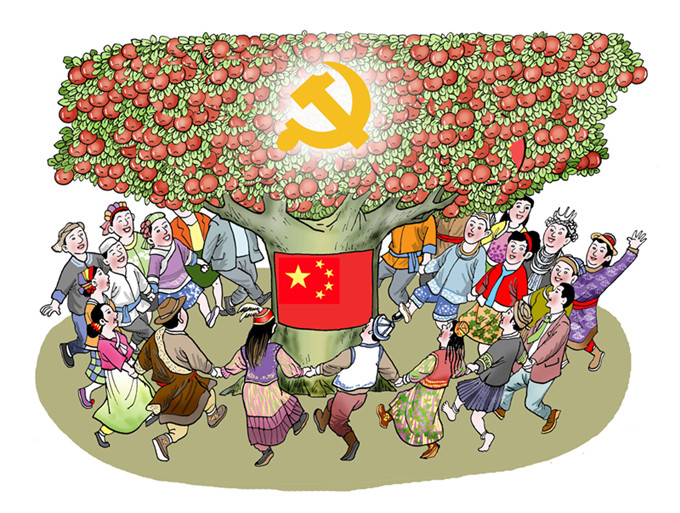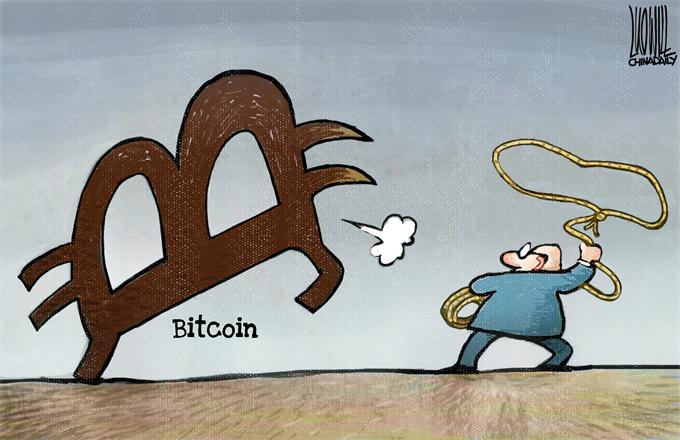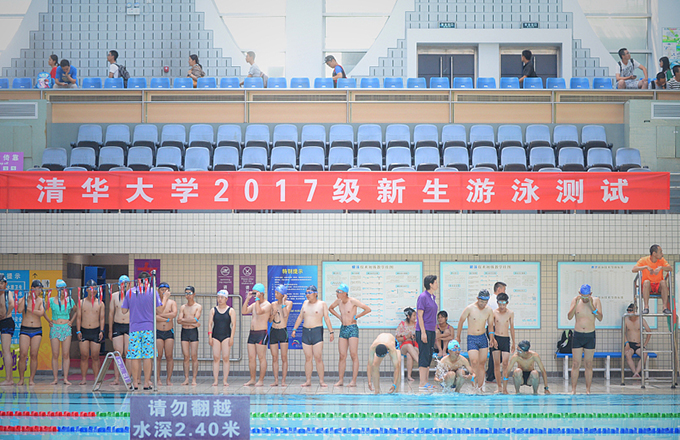Top economist lauds China's engagement
 |
|
Erik Berglof, director of the London School of Economics' Institute of Global Affairs [Photo/CHINA DAILY] |
China is playing an important role on the world stage by championing big ideas, including the Belt and Road Initiative and the Asian Infrastructure Investment Bank, said Erik Berglof, director of the London School of Economics' Institute of Global Affairs.
Such initiatives lead to "sincere engagement with parts of the world that have not seen so much investment", said Berglof, who has also worked as chief economist and special adviser to the president of the European Bank for Reconstruction and Development.
Berglof was speaking ahead of the 19th National Congress of the Communist Party of China, which sets the strategic direction for the country and selects its leaders.
He said he hopes China's leaders will reaffirm the country's willingness to continue with reforms, improving social policies and efforts to engage with the world "and be an important player in the international community, which will be needed".
He said he has witnessed China's transformation in recent decades, as it has become increasingly vocal on international issues, and as the country's economy has become stronger. He describes China as "dynamic, forward-looking, and confident".
"I think China has been asked to step into the world a bit earlier than it had wanted, but it shows clear leadership," he said, adding that Beijing will collaborate with other countries to achieve aspirations, such as the Belt and Road Initiative.
One factor for China's leadership is the size of the nation's economy.
"What China does is important for the world, and what China does, even domestically, has implications for the world," he said.
Berglof applauded China's domestic reforms carried out during the past five years, highlighting social reform, healthcare reform and addressing urban congestion as key achievements. However, he cautioned that the nation's growth faces challenges, such as finding ways to grow while also looking after the environment.
Meanwhile, he applauded Chinese financial institutions' increasing participation in the international financial system, and the establishment of the Asian Infrastructure Investment Bank.
"The AIIB is innovative in the way it came about," he said. "It is an initiative by an emerging economy, and it was built from a lot of learning from other institutions. It has attracted plenty of staff from other international financial institutions quickly."
Berglof is positive about China's continued growth, explaining that he believes continuity to be a main characteristic of China's development, despite the challenges of environmental pollution and the economic structural shift.
"What I see is a determination and willingness to solve these challenges and do it in a systematic way, and training people and using evidence to formulate policy. (This approach) is not new, but perfected by the current generation of leaders," he said.



















